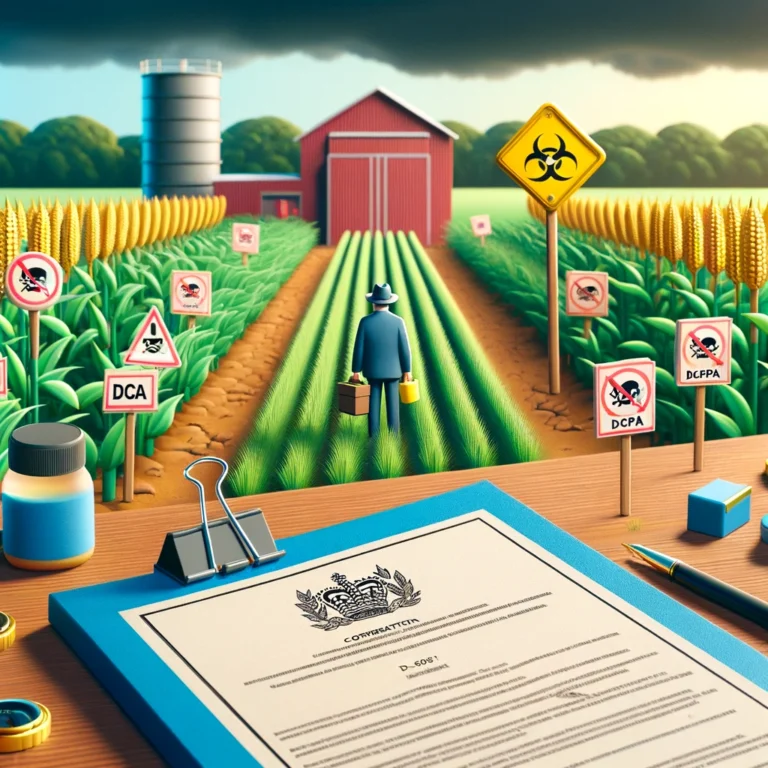
New Measures for Ethical Political Financing
The integrity of political systems around the world is often called into question, primarily due to concerns surrounding the influence of money in politics. Recently, South Australia has become a focal point of this debate as it considers significant reforms to political financing regulations. This initiative could set a precedent for other regions, drawing attention to the broader implications of political donations and the quest for transparency and accountability in governance.
The Context of Political Donations
Political donations are a common aspect of modern democracies, serving as a way for individuals and organizations to support candidates and parties that align with their values and interests. However, the system is fraught with challenges:
- Transparency issues: Many voters are left in the dark about who funds their political candidates.
- Potential for corruption: Large donations can lead to undue influence over elected officials and policies.
- Inequality in representation: Wealthier individuals and corporations can drown out the voices of ordinary citizens.
Given these challenges, there is growing momentum for reform. South Australia’s initiative aims not just to shield the democratic process from financial domination but to reshape the very foundations of political engagement.
The Proposed Changes in South Australia
The current political landscape in South Australia is witnessing a push for regulations that would significantly alter how campaigns are funded. The proposed changes suggest two primary avenues:
Banning Political Donations
One of the most significant aspects of the proposed reform is the move toward banning political donations altogether. This radical approach seeks to directly eliminate the influence of money in politics. Advocates argue that the integrity of elected officials and the policy-making process can be safeguarded without financial contributions undermining the electoral process.
Public Funding of Campaigns
In place of private donations, the proposal also emphasizes the need for a publicly funded campaign system. By providing financial resources directly to candidates, the hope is to level the playing field for all participants, particularly for those from underrepresented backgrounds. Public funding means:
- Reducing reliance on large donations: Candidates can express their views without courting wealthy benefactors.
- Encouraging grassroots involvement: Ordinary citizens may feel more empowered to engage in political activities.
- Promoting fair competition: All candidates would receive equal access to funds, enhancing fairness in elections.
These moves aim to restore public trust in the political process by addressing the root causes of skepticism and cynicism regarding elected officials.
Implications of the Reform on Democracy
The implications of banning political donations and fostering a public funding system are manifold. There could be several positive outcomes:
Enhancing Voter Trust
By promoting transparency and reducing potential conflicts of interest, these reforms may help to rebuild voter trust in the political establishment. When citizens feel they are represented fairly without significant financial influence, they may be more likely to engage in the political process, thus strengthening democracy.
Empowering Citizens
A system that minimizes the role of big money empowers everyday citizens to participate in governance. This shift could lead to a more representative democracy where diverse voices are heard and valued. Citizens, not donors, would hold the reins in political campaigns.
Setting a Precedent for Others
The successful implementation of these reforms in South Australia could inspire similar movements in other states and countries, creating a ripple effect for widespread electoral reform. As more regions examine the consequences of political donations, they may follow suit in seeking fairer systems.
Challenges Ahead
While the vision for reform is noble, implementing these changes is fraught with challenges:
- Pushback from political parties: Established parties benefiting from the current system may resist changes.
- Defining public funding: Establishing parameters for how public funds will be distributed and used could prove complex.
- Voter complacency: Making substantial changes requires public support, which may not always be guaranteed.
To successfully navigate these challenges, it is essential to engage the electorate in conversation, fostering understanding and support for the benefits of reform.
The Future of Political Financing in South Australia
As South Australia moves forward with its initiative to reform political donations, it stands at the cutting edge of a transformative wave in governance. The potential to reshape the electoral landscape into one marked by integrity and equality is an appealing vision. By positioning itself as a leader in ethical political financing, South Australia could not only enhance its own political processes but also serve as an inspiring example for the broader world.
The journey toward a more equitable political system is undoubtedly challenging, but the potential benefits for democracy and public trust are hard to overlook. As the discourse continues, stakeholders must remain committed to advocating for transparency, accountability, and active citizen participation in governance. Only then can the true spirit of democracy flourish.







